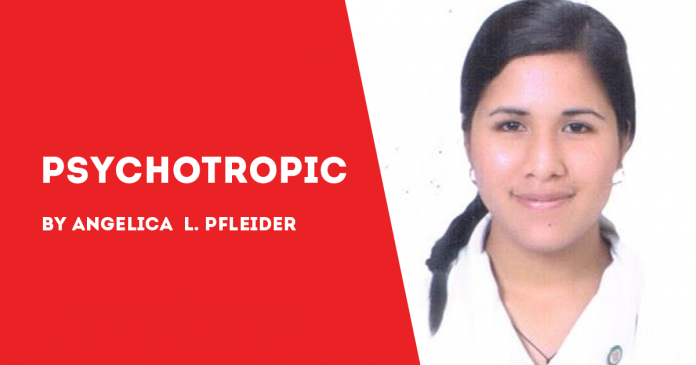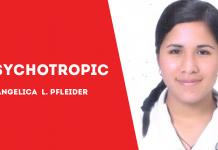
I ATTENDED a language exchange event on Saturday, and there I met a Filipino-American who was raised in Massachusetts. She was ecstatic to be with me and my friends. Why? So that she could practice her Tagalog.
We explained to her that unfortunately, we weren’t from the Tagalog-speaking parts of the Philippines but we could speak the language a little. It was good enough for her.
This incident got me and my friends thinking. Why is it that most children of immigrant Filipinos don’t know how to speak their mother tongue? They are phenomenal in English and the language of their country of residence, but they can barely muster a “kamusta ka?”
It’s not due to lack of knowledge, for their parents and relatives are usually fluent in their mother tongue. We’re usually quick to blame them, “Why don’t you teach your kids?” “Are you ashamed of your heritage?”
However, take a moment to think about the environment the child is growing up in. Most of them are born in foreign countries. They are surrounded by different languages, and not all kids have the knack for bilingual mastery. For practical reasons, priority should be given to that of their resident country, and English. The fact that I am writing this article in said language proves how it can help them career-wise.
These factors don’t excuse the parents from trying to teach them though. I know some relatives who simply gave up trying to mentor their kids because it was too tough. It all boils down to instilling the desire to learn the Filipino culture and language. It is a part of their identity, and it is something they should be proud of.
It’s also important to remember not to generalize these kids. Yes, some don’t know how to speak the Philippine languages, but this isn’t true for all. It’s the same for immigrants from other nationalities. Some are still connected to their roots while others have settled more to their new countries.
The essential thing parents should do is make their children aware of their home country’s culture. They will develop the desire to learn the language and other practices themselves. That way, there is hope to salvage their mother tongue./PN

